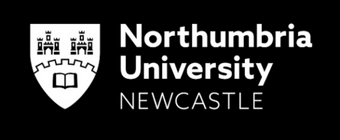An electrical and electronic engineer has the ability and knowledge to use principles of science and mathematics to create new products that enhance and improve quality of life across the world. This integrated master’s course will give you an extra edge in today’s competitive job market.
The MEng Electrical and Electronic Engineering course will allow you to explore this subject in greater depth, with a specialised final year that leads to a master of engineering qualification.
Thanks to the recovering economy and advancements in technology, graduates are in high demand globally meaning there has never been a better time to enter the industry.














